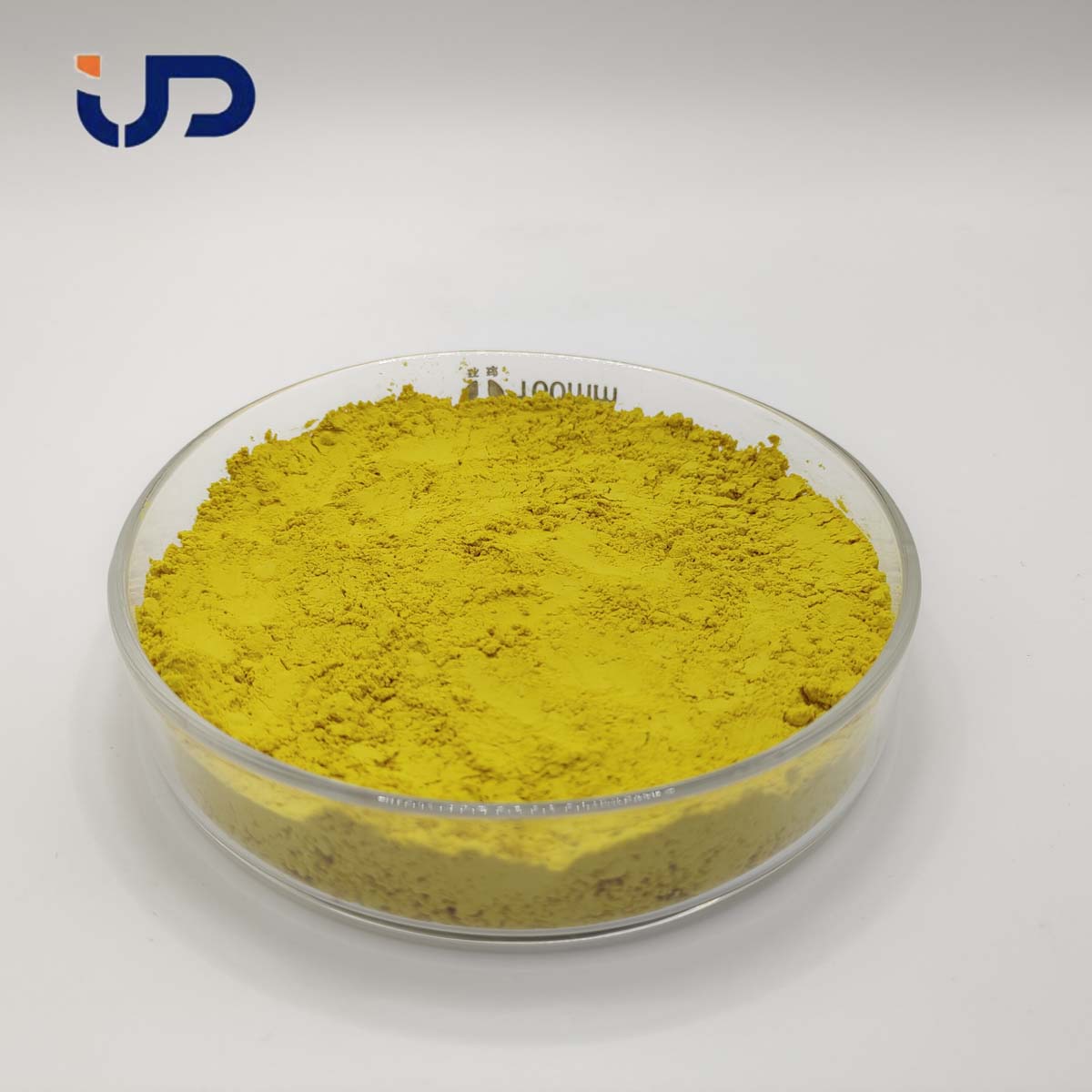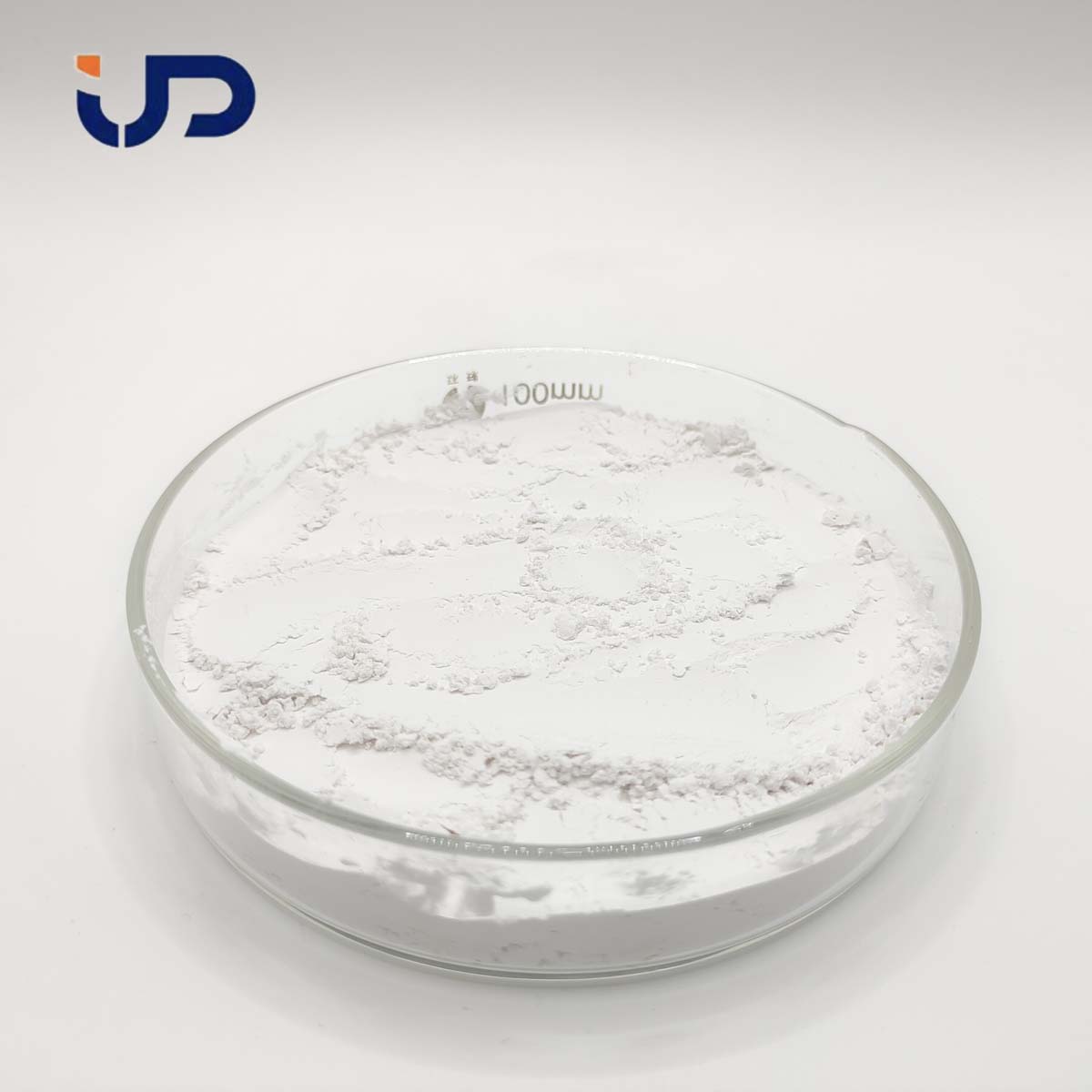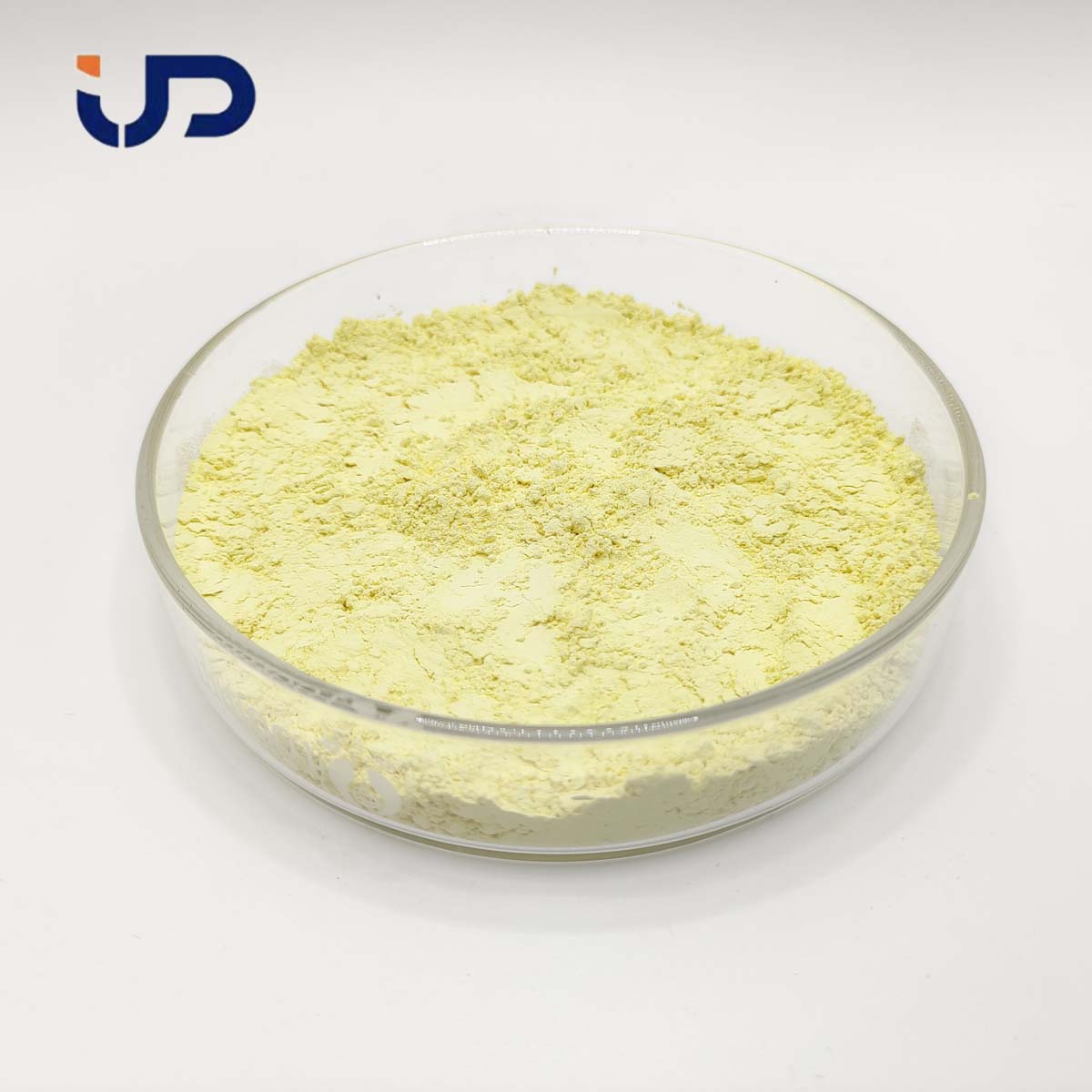UNPChemicals Grease additives added to greases and industrial lubricating greases help to enhance the overall performance of the grease. They assist in improving the grease's resistance to oxidation, corrosion, and mechanical stress. They help to prevent the breakdown of the grease structure, maintain its consistency over a wide temperature range, and reduce the wear and tear on the lubricated components. Widely used in automotive wheel bearings, these additives are also incorporated into greases for industrial machinery such as conveyor systems, electric motors, and mining equipment. In high - speed applications like those in textile machinery and machine tool spindles, grease additives ensure smooth operation and minimize heat generation. In harsh environments with high humidity or exposure to chemicals, they protect the components from corrosion and degradation. In applications where there are heavy loads, such as in construction equipment and heavy - duty trucks, grease additives enhance the load - carrying capacity of the grease, allowing it to effectively lubricate and protect the parts under extreme pressure.
Top UNPchemicals Grease Additives
Popular UNPChemicals Grease Additives
Molybdenum dibutyl dithiocarbamate EPSAIL T351 CAS 68412-26-0
EPSAIL T351 is an advanced solid organic molybdenum extreme pressure anti-wear agent that ensures excellent antioxidant and anti-wear properties in greases and lubricants.
Read More Get A QuoteInorganic extreme pressure agent EPSAIL 8088
Inorganic extreme pressure agent EPSAIL 8088 is a biodegradable additive containing sulfur and phosphorus elements, primarily used as an extreme pressure anti-wear agent for lubricating greases.
Read More Get A QuoteThiadiazole dimer EPSAIL 8290 CAS 72676-55-2
Thiadiazole dimer EPSAIL 8290 is a high-performance additive that delivers exceptional extreme pressure performance and outstanding anti-wear and anti-oxidation properties when dispersed in lubricatin
Read More Get A Quote
What are Grease Additives?
Grease additives are specialty chemical compounds that are used to enhance the performance, lifespan, and effectiveness of greases. Greases are semi-solid or solid lubricants that consist of a base oil, thickening agent, and various additives. Grease additives modify the properties of greases, improving lubrication, reducing wear, or providing corrosion protection, among other effects.
Features of Grease Additives
Performance enhancement: Grease additives improve the overall performance of the grease, ensuring optimal efficiency during various applications.
Lubrication and protection: Additives enhance the lubricating properties of greases, reducing friction and wear while protecting machinery and components from damage.
Rust and corrosion protection: Grease additives can prevent rust and corrosion, leading to longer component life and reduced maintenance costs.
Extreme pressure and temperature capabilities: Additives can improve the ability of greases to withstand extreme pressures, high loads, or elevated temperatures.
Types of Grease Additives
Some common types of grease additives include:
Anti-wear (AW) additives: These additives, such as zinc dialkyldithiophosphates (ZDDPs), are used to increase wear protection in greases, reducing friction and minimizing wear on moving parts.
Extreme pressure (EP) additives: EP additives, such as sulfur or chlorine-based compounds, enhance the grease's ability to withstand high pressure and heavy loads to protect parts from seizure, welding, or galling.
Rust and corrosion inhibitors: These additives, including calcium or barium sulfonates, provide protection against rust and corrosion by chemically reacting with metal surfaces and forming a protective film.
Antioxidants: Antioxidants, such as phenols or amines, protect greases from oxidative degradation, increasing their service life and maintaining their performance.
Viscosity index improvers: These additives, such as polymethacrylates, are used to modify the viscosity-temperature behavior of the base oil in greases, ensuring consistent performance across a wide temperature range.
Applications of Grease Additives
Grease additives are used across various applications, including:
Automotive: In wheel bearings, constant velocity joints, and other automotive components where greases with tailored performance are required.
Industrial: In machinery and equipment requiring greases for bearings, gears, and other moving parts in industries such as mining, manufacturing, and power generation.
Food processing: In food-grade greases for applications where incidental contact with food is possible, requiring greases with specific additives for safety and performance.
Marine: In specialized marine greases to protect components against water washout, corrosion, and extreme pressures.
Price of Grease Additives
The price of grease additives can be influenced by several factors:
Type: The specific type of additive and its chemistry can impact its cost.
Quality: The purity, effectiveness, and formulation of the additive can influence its price.
Quantity: Purchasing additives in bulk or larger quantities may result in cost variations.
Manufacturer: Prices may differ based on the manufacturer, their expertise, market reputation, and the quality standards they follow.
How to Select Grease Additives?
When selecting grease additives, consider the following factors:
Application: Evaluate the specific application, its requirements, and desired outcomes to determine the most suitable type of additive.
Compatibility: Ensure the chosen additive is compatible with the grease and does not adversely affect performance or the properties of the material being lubricated.
Performance: Choose an additive that effectively addresses the specific need, such as wear protection, extreme pressure resistance, or corrosion inhibition, for the application.
Safety and regulations: Opt for additives that meet safety standards, have low toxicity, and comply with relevant regulations and industry certifications in their intended applications.
By carefully considering these factors, manufacturers and users can select the most appropriate grease additives to improve the performance, efficiency, and lifespan of greases in a wide range of applications.
Grease Additives Supplier
UNPChemicals is a professional and trusted grease additives supplier manufacturing high quality and range of grease additive according to your workflows and products. If you are looking for high performance grease additive solution, feel free to contact us.


